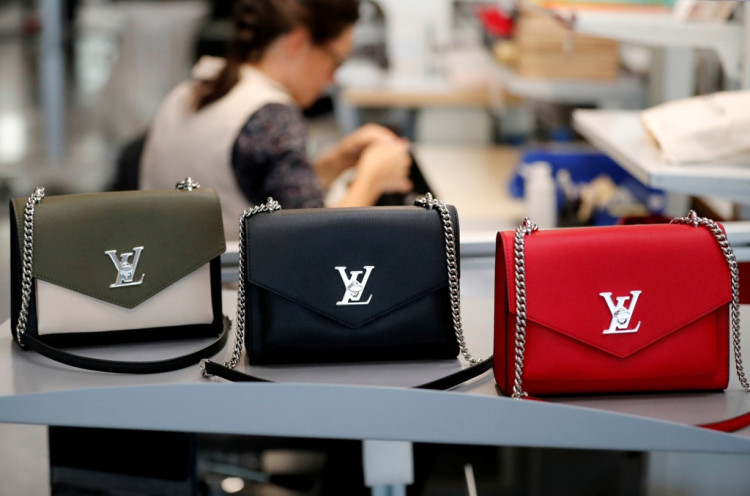French fashion house and luxury retail company Louis Vuitton announced plans of hiring more manufacturing staff in its location in France to meet the voracious demand coming from the Chinese market and other parts of Asia.
Louis Vuitton, or LV to its wealthy fans, plans to add 1,500 more people to its 4,300 workers in 16 locations.
Louis Vuitton, founded in 1854 by its namesake, is the largest bringer of revenue to its parent company, LVMH. While the LV brand appeals mostly to older shoppers in other parts of the world, Louis Vuitton is the brand of choice among the younger Chinese consumers.
This is significant since the younger generation of Chinese, perhaps the Millennials is set to inherit the money of their aging parents who belong to the Baby Boomers. That would mean that if LVconsistently feeds the needs and demand of the young Chinese shoppers, the brand will continue to bank on the demographics for the next 20 or 30 years more.
LV's CEO Michael Burke said that demands coming from the young Chinese shoppers were particularly pronounced in the first three months of 2019 as the China-US trade dispute ravages on. This suggested that these wealthy shoppers are no longer going to the United States or other markets to shop for their lives. They bought their pieces within the country, driving the unprecedented boom in Chinese revenue for the luxury brand.
In July, in its financial report for the first half of 2019, LVMH noted that China does not only holds the bulk of its sales in bags and apparels. Chinese consumers are also driving revenue growth for its Wine & Spirits brands, as well as Perfumes & Cosmetics.
In June, the luxury retailer said it increased stocks of handbags and other luxury items to meet the demands from mainland China. The company said demands in the region are coming from online purchases.
From 2018 up until June this year, so far, online orders accounted to as much as 8% of its revenue in the country. Interestingly, LV just started its e-commerce stores in mid-2017. Noting its success in e-commerce sales in the country, Gucci, Prada, and Hermes subsequently launched their online stores to service the Chinese luxury shoppers.
Still, even with this success in the Asian country, LVMH said it has yet to consider plans of setting up physical stores in China.
Elsewhere, Chinese shoppers are feeding the luxury sector, accounting for one-third of global spending on luxury items, according to a 2018 report from McKinsey & Co. Chinese spending on luxury items is expected to nearly double to about $175 billion by 2025 from more than $100 billion in 2017.
Of that total spending in 2017, the Chinese spent $8.948 billion shopping online. McKinsey estimated that the Chinese will continue to spend $21.354 billion through e-commerce by 2025.






